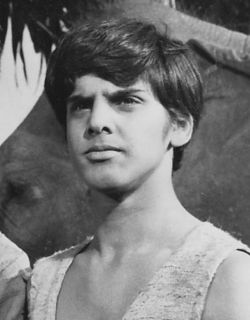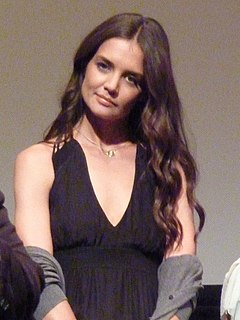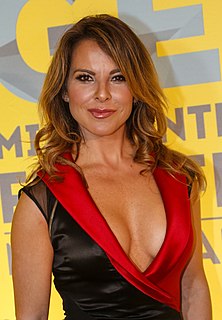A Quote by Gillian Armstrong
Critics often say, 'Oh she makes films about strong women'. Wrong; I make films about complex characters and the choices they make.
Related Quotes
I do not make films which are prescriptive, and I do not make films that are conclusive. You do not walk out of my films with a clear feeling about what is right and wrong. They're ambivalent. You walk away with work to do. My films are a sort of investigation. They ask questions . . .. Sometimes I hear that some [Hollywood] studio is interested in me. Then they discover that this is the guy who works with no script, that there is no casting discussion, no interference, that I have the final cut, and that does it.
Some TV shows are like really good novels in that there are enough episodes that you start to have your own feelings about how the characters should act. When the scriptwriters go slightly wrong, when they make the character make a left turn that he or she wouldn't do, you know enough about the characters to say, "No, that's not what she would do there. That's wrong." You can actually argue with a TV show in a way that you can't do as much with movie - you inhabit a TV show in the way you inhabit a novel.
I make films about working class people. All my films have always been about that. For example, the brothel is a workplace. It's aberrant, but a workplace nonetheless. I was more interested as opposed to glamorizing and saying, oh, this is a great erotic place, it's a place of business. The commodity is sex.






































